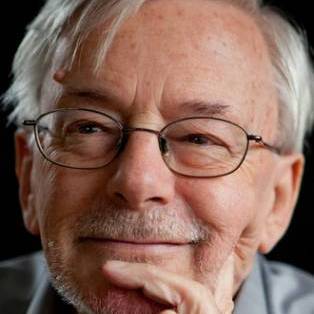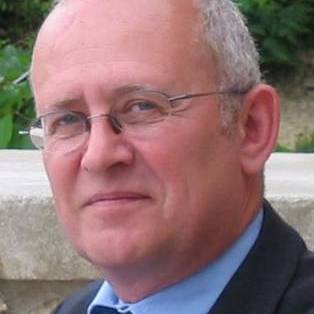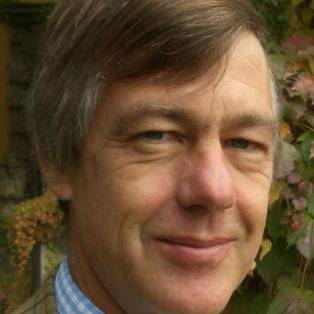{related_entries id="evnt_auth_1"} {/related_entries}, {related_entries id="evnt_auth_2"} {/related_entries} , {related_entries id="evnt_auth_3"} {/related_entries} , {related_entries id="evnt_auth_4"} {/related_entries} , {related_entries id="evnt_auth_5"} {/related_entries} {related_entries id="evnt_auth_6"} {/related_entries}
Nature and Language: How Language Influences our Relationship with Natural World
Sunday 22 March 2015
1:30pm
Half Day
Duration{related_entries id="evnt_loca"}Nature and Language: How Language Influences our Relationship with Natural World{/related_entries}
Venue£28
Ticket priceRaymond Williams famously observed that ‘nature’ is perhaps the most complex word in the English language. If the word itself is complex, so too is the way that we talk about nature. From the language we use to how we frame our relationship with nature, the way we talk about the natural world profoundly affects our perception of it and the related choices we make. It influences relationships with the natural world at both a personal and policy level.
Join us for two highly interactive and interconnected sessions that explore the interplay between our language and our values as they relate to the natural world.
In partnership with the Oxford Martin School, festival ideas partner.
2.30-3.30pm
George Monbiot and Cameron Hepburn. Chaired by Pilita Clark
Value and values: how the natural capital agenda frames our approach to nature
Our environmental language is littered with such terms as ‘ecosystem services’, ‘no-take zones’, ‘reserves’. Is this language an essential tool in valuing and protecting the natural world for the benefit of both threatened biodiversity and for those whose livelihoods depend on the ‘services’ the natural world provides? Or does it discourage us from embracing the wonder of the natural world at the expense of appealing to financial self-interest? At the core of this debate is the question of what influences our environmental choices most – intrinsic or extrinsic values.
Monbiot is an author, journalist and one of the UK’s best-known environmental campaigners. He is author of Feral: Searching for Enchantment on the Frontiers of Rewilding. Hepburn is an economist with expertise in energy, resources and the environment and author of Nature in the Balance: The Economics of Biodiversity. Clark is environmental correspondent of the Financial Times.
3.30-4.00pm: Refreshments
4.15-5.30pm
Dominick Tyler, Melanie Challenger and Caspar Henderson. Chaired by Kate Raworth
The Language of Landscape
Photographer Dominick Tyler, author of Uncommon Ground and originator of the Landreader project, presents stunning images of British landscapes and ecosystems and explores the narrative and language that helps us connect with the natural world on multiple levels. By investigating the interplay between language and landscape, Tyler raises questions about our relationship with the environment and the changes that this relationship has undergone. Melanie Challenger will examine our estrangement from nature by drawing on the words of anthropologists, biologists, and philosophers as well as firsthand witness and ancestral memory that contributed to her book On Extinction. Caspar Henderson refers to his The Book of Barely Imagined Beings and his forthcoming A New Map of Wonders to remind us that the reality of the natural world tends to be much more astonishing than we realise. He will explore how we can retain our sense of wonder with the natural world and what happens if we lose this.This session will be chaired by Kate Raworth, creator of Doughnut Economics, and senior visiting research associate at Oxford University’s Environmental Change Institute.





